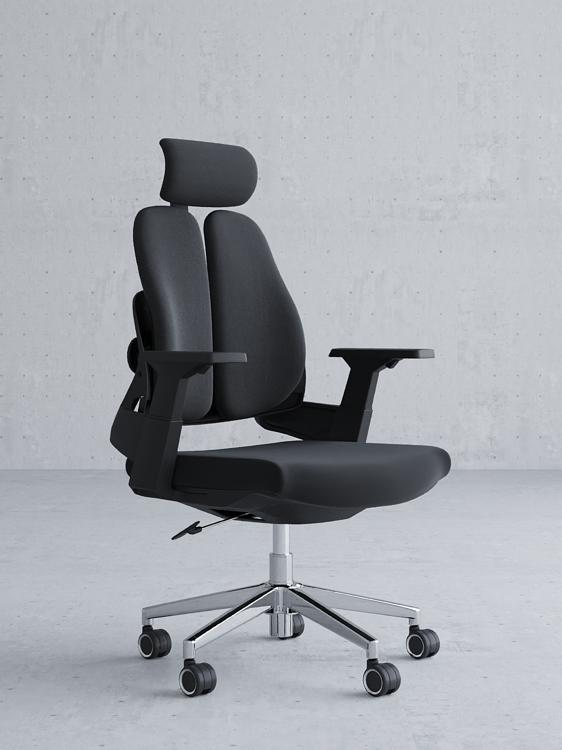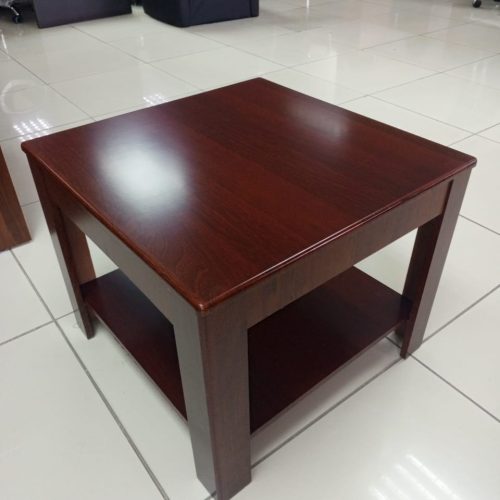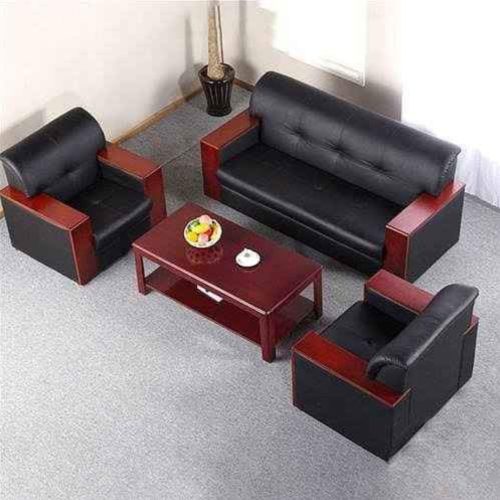Description
Ergonomic Office Chair
An Ergonomic Office Chair is designed to provide comfort, support, and proper alignment for the body, reducing fatigue and promoting good posture during long periods of sitting. It typically features adjustable features to accommodate different body types and preferences.
Key Features of an Ergonomic Office Chair:
-
Adjustable Height: The seat height should be adjustable to allow for proper leg support and prevent dangling or excessive bending of the knees.
-
Adjustable Backrest: The backrest should be adjustable to provide support for the lumbar spine and help maintain proper curvature of the back.
-
Adjustable Armrests: Armrests should be adjustable in height and width to provide support for the forearms and elbows, reducing shoulder strain and promoting good posture.
-
Lumbar Support: Built-in lumbar support should be adjustable to provide adequate support for the lower back, alleviating pressure and reducing back pain.
-
Tilt Mechanism: A tilt mechanism allows the user to recline the backrest slightly, encouraging dynamic sitting and reducing pressure on the back.
-
Swivel Mechanism: A swivel mechanism allows the chair to rotate freely, facilitating mobility and access to different areas of the workspace without straining the body.
-
Comfortable Cushioning: The seat, backrest, and armrests should be well-padded with high-density foam or other materials to provide maximum comfort and support during prolonged sitting.
-
Durable Construction: Ergonomic office chairs are typically made from high-quality materials like metal, plastic, or a combination of both, ensuring durability and long-lasting performance.
Benefits of Using an Ergonomic Office Chair:
-
Reduced Back Pain and Discomfort: By providing proper support for the back and promoting good posture, ergonomic office chairs can help prevent back pain, neck strain, and other musculoskeletal issues associated with prolonged sitting.
-
Enhanced Comfort and Support: The adjustable features and plush cushioning of ergonomic office chairs provide superior comfort and support, reducing fatigue and improving overall well-being.
-
Improved Productivity: By promoting comfort and reducing physical strain, ergonomic office chairs can contribute to improved concentration and productivity throughout the workday.
-
Prevention of Musculoskeletal Disorders: Consistent use of an ergonomic office chair can help prevent the development of musculoskeletal disorders, such as carpal tunnel syndrome and repetitive strain injuries.
-
Reduced Risk of Injuries: The supportive design of ergonomic office chairs can help reduce the risk of injuries caused by sudden movements or awkward postures while sitting.
Considerations When Choosing an Ergonomic Office Chair:
-
Body Type and Height: Consider the chair’s size, adjustability range, and seat depth to suit your specific body type and height for optimal comfort and support.
-
Individual Needs and Preferences: Assess your specific needs, such as lumbar support requirements, armrest preferences, and desired level of adjustability.
-
Work Environment and Usage: Consider the chair’s suitability for your work environment, including the type of work you do, the duration of your sitting periods, and any special needs you may have.
-
Budget and Material Quality: Set a realistic budget and prioritize chairs made from high-quality materials like metal, plastic, or mesh for durability and long-lasting performance.
-
Trial and Testing: If possible, sit in different ergonomic office chairs to test their comfort, adjustability, and suitability for your individual needs.
Additional Features to Consider in Ergonomic Office Chair:
-
Breathable Mesh or Fabric Upholstery: Breathable upholstery options can help prevent overheating and discomfort during long hours of sitting.
-
Waterfall Seat Edge: A waterfall seat edge promotes blood flow to the legs and reduces pressure on the thighs, preventing numbness and discomfort.
-
Contoured Seat Design: A contoured seat design provides better support for the buttocks and thighs, promoting proper posture and reducing strain on the back.
-
Integrated Headrest: An adjustable headrest can provide additional support for the neck and prevent strain during prolonged periods of working at a computer.
-
Footrest: An optional footrest can provide support for the legs and promote proper posture, especially when working for extended periods.
By investing in an Ergonomic Office Chair and selecting one that suits your individual needs and preferences, you can significantly improve your comfort, productivity, and overall well-being during long hours of work.






Reviews
There are no reviews yet.